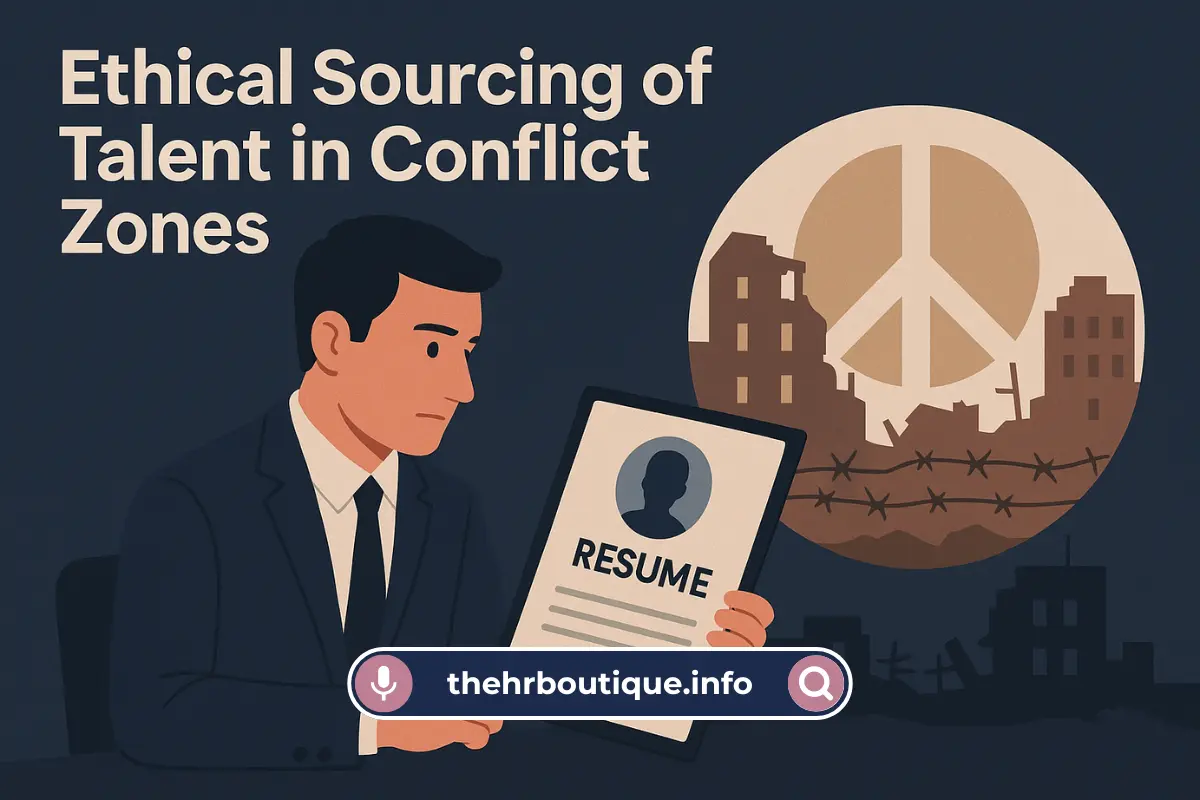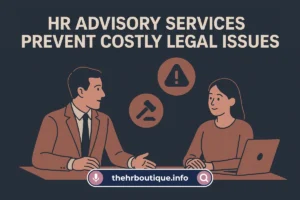Hey friend, let’s talk about something that doesn’t get enough attention – how companies hire people from places where bombs are still falling. It’s messy, complicated, and frankly, most businesses either avoid it completely or do it badly. But when done right? It changes lives.
I’ve seen this firsthand running tours in places that tourists call “exotic” but locals call home. The same principles apply whether you’re hiring a guide from a favela or a coder from Kyiv.
What Exactly Is Ethical Hiring in War Zones?
Picture this: A tech startup needs developers. They find talented programmers in Syria willing to work for half the usual rate. Great deal, right Wrong.
Ethical hiring means:
- Paying fair wages (not “war zone discounts”).
- Providing real safety protections.
- Treating people like humans, not “cheap labor”.
Why This Should Keep You Up at Night?
- That “great deal” on remote workers might be exploiting someone who has no other options.
- Workers in conflict areas often risk their lives just to log in for their shift.
- Bad hiring practices actually make conflicts worse long-term.
“If your business model depends on someone else’s desperation, you don’t have a business – you have exploitation.”
The Ugly Truth About Conflict Zone Hiring
Let’s not sugarcoat this – most companies screw it up in predictable ways.
Danger Pay Shouldn’t Be the Norm
I met a call center manager in Bogotá who bragged about paying “hazard rates.” Know what that meant? His employees had to dodge gang crossfire during their commute. That’s not a benefit – that’s a human rights violation with a paycheck attached.
The Bait-and-Switch
Many workers get promised:
- Safe working conditions.
- Fair contracts.
- Career growth.
What they actually get:
- “You’re lucky to have this job”.
- Payment delays when fighting flares up.
- No real path forward.
How to Actually Do This Right?
After 15 years navigating tricky situations (try explaining Mexican labor laws to a drunk spring breaker sometime), here’s what works:
Partner With Boots-On-The-Ground Orgs
The best hires I’ve made came through:
- Local women’s cooperatives.
- Refugee vocational programs.
- Veteran reintegration projects.
These groups know who really needs work and who can actually do the job.
Build REAL Safety Nets
Not just lip service. Actual protections like:
- Emergency evacuation funds.
- Trauma counseling.
- Backup payment systems when banks go down.
Pay in Stability, Not Just Cash
One hotel chain in Rwanda does it right – they:
- Hire genocide survivors.
- Train them in multiple departments.
- Guarantee jobs at any location worldwide.
That’s how you create real change.
When It Works, It’s Magic
I’ll never forget Ahmed, a Syrian chef we placed at a Cancún resort. His hummus recipe? Life-changing. But the real win? Seeing him train other refugees while sending his kids to international school.
That’s the power of ethical hiring – it creates ripples.
Your Action Plan
Thinking about tapping into conflict zone talent? Start here:
- Ask uncomfortable questions – Where exactly is that “remote team” working from? Under what conditions?
- Pay properly – If you wouldn’t accept the wage in your city, don’t offer it elsewhere.
- Invest in exits – Help people move beyond crisis employment.
At the end of the day, this isn’t about charity. It’s about recognizing that talent exists everywhere – but opportunity doesn’t.
What’s your take? Ever seen this done well (or terribly)? Hit reply – I read every response.
P.S. Next time you see a company bragging about their “global workforce,” ask where exactly “global” includes. The answer might surprise you.





